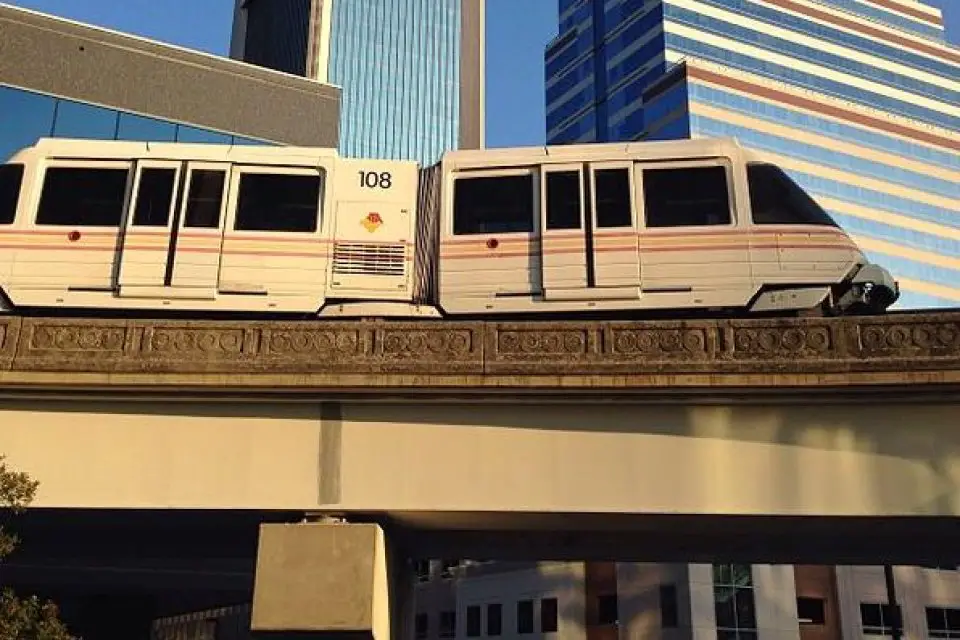Plans for the Jacksonville Autonomous shuttle project, which will repurpose a 33-year-old monorail system in Florida are currently in progress. Essentially, this project involves installing 10 miles of automated shuttle service, and replacing Jacksonville’s aging 2.5-mile Skyway transit system.
Jacksonville Transportation Authority(JTA) hired Balfour Beatty to design the first phase dubbed the Ultimate Urban Circulator in February. Balfour Beatty was given a 7 month deadline to complete the designs for phase I of Jacksonville’s Autonomous shuttle project. Therefore, the results from the construction management firm are expected later this month.
Their design focuses on a 3-mile autonomous shuttle line, connecting major sports stadiums and entertainment venues along Bay Street.
Jacksonville Autonomous shuttle project development
Starting with phase I of the Jacksonville Autonomous shuttle project, implementation could begin by the first quarter of 2023. However, the Bay Street corridor will not require much construction.
The work majorly involves the installation of cameras and antennas, lidar and radar sensors at every intersection on Bay Street. Additionally, several stations along this corridor will be selected as a possible sites for transit-oriented development. The JTA has already proposed the Shipyards station and Rosa Parks station, along the existing Skyway.
Also Read: Contractor Selected for Blue Line Bus Rapid Transit (BRT) Project in Indianapolis
Plans for Shipyards station’s transit-oriented development, includes a public plaza adjacent to the station, 20-acre linear park and mixed-use waterfront district. However, the Rosa Parks station transit-oriented development will involve building low-rise live/work units and a neighborhood of multifamily homes. Several such proposals have been developed for other stations as well.
Plans for phase II
Phase II of the Jacksonville Autonomous shuttle project will involve connecting Bay Street corridor with the 2.5-mile Skyway system. In order to accomplish this goal, the Skyway’s monorail tracks will be converted into an elevated roadway for autonomous shuttles.
Future plans to create extensions to more neighborhoods are also in the pipeline. Funding for this phase of the project comes from Jacksonville’s local gas tax.
Bernard Schmidt, JTA’s vice president of automation, said JTA has conducted several vehicle tests for the Jacksonville Autonomous shuttle project. Several manufacturers such as Beep and Navya presented their vehicles. But the final selection for the suitable vehicles will be announced in about four or five months.
